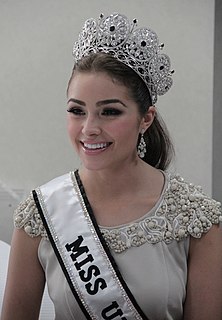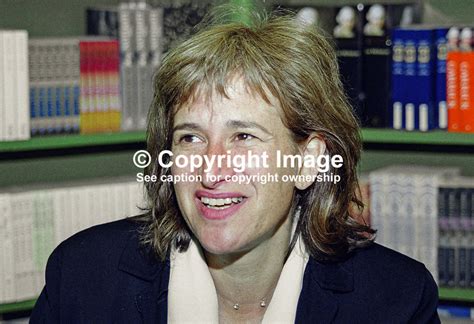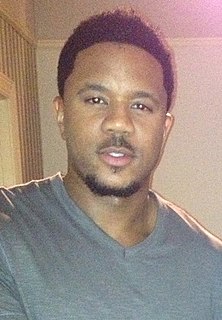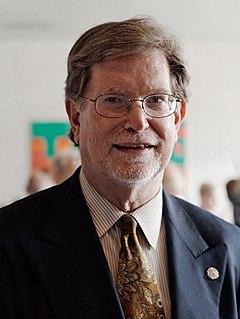A Quote by Emo Philips
I don't know how electricity works. All I know is that it calms me.
Related Quotes
He gives me a kiss that barely touches my lips – it means nothing or everything. After he’s gone, I think, Happy birthday to me. Jack says, ‘That was the guy?’ ‘That was him.’ Jake shakes his head. ‘What?’ ‘He’s not for you,’ he says. I say, ‘How do you know?’ but what I mean is, How do you know? ‘He’s like Ashley Wilkes,’ he says. ‘Any one of these guys is Rhett-ier than he is.’ Again, I ask my benignly inflected, ‘How do you know?’ ‘How do I know?’ he says, tackling me into a bear hug. ‘How do I know? I know, that’s how I know.
The best way to make change is to know how something works. If you're going to go build something or change whatever it is, if you don't know how it works and you're trying to go make a change in it, the first thing you're doing is you're spending time figuring out how it works. The same thing happens in organizations.
Thanks is part to our education system, we tend to think that we're smarter than the stupid guys in funny wigs who came before us. But that's because we are mistaking technology, progress, and access to information for intelligence. We think that because we know how to use iPhones (but not build them), browse the Internet (but not understand how it works), and use Google (but not really know anything), our educational system is working just great. By the same token, we think that those dumb aristocrats who used horses to get around and didn't have electricity were neanderthals.
There are lots of cases where we know more about how the world works than we do about how we know how it works. That's no paradox. Understanding the structure of galaxies is one thing, understanding how we understand the structure of galaxies is quite another. There isn't the slightest reason why the first should wait on the second and, in point of historical fact, it didn't. This bears a lot of emphasis; it turns up in philosophy practically everywhere you look.


































